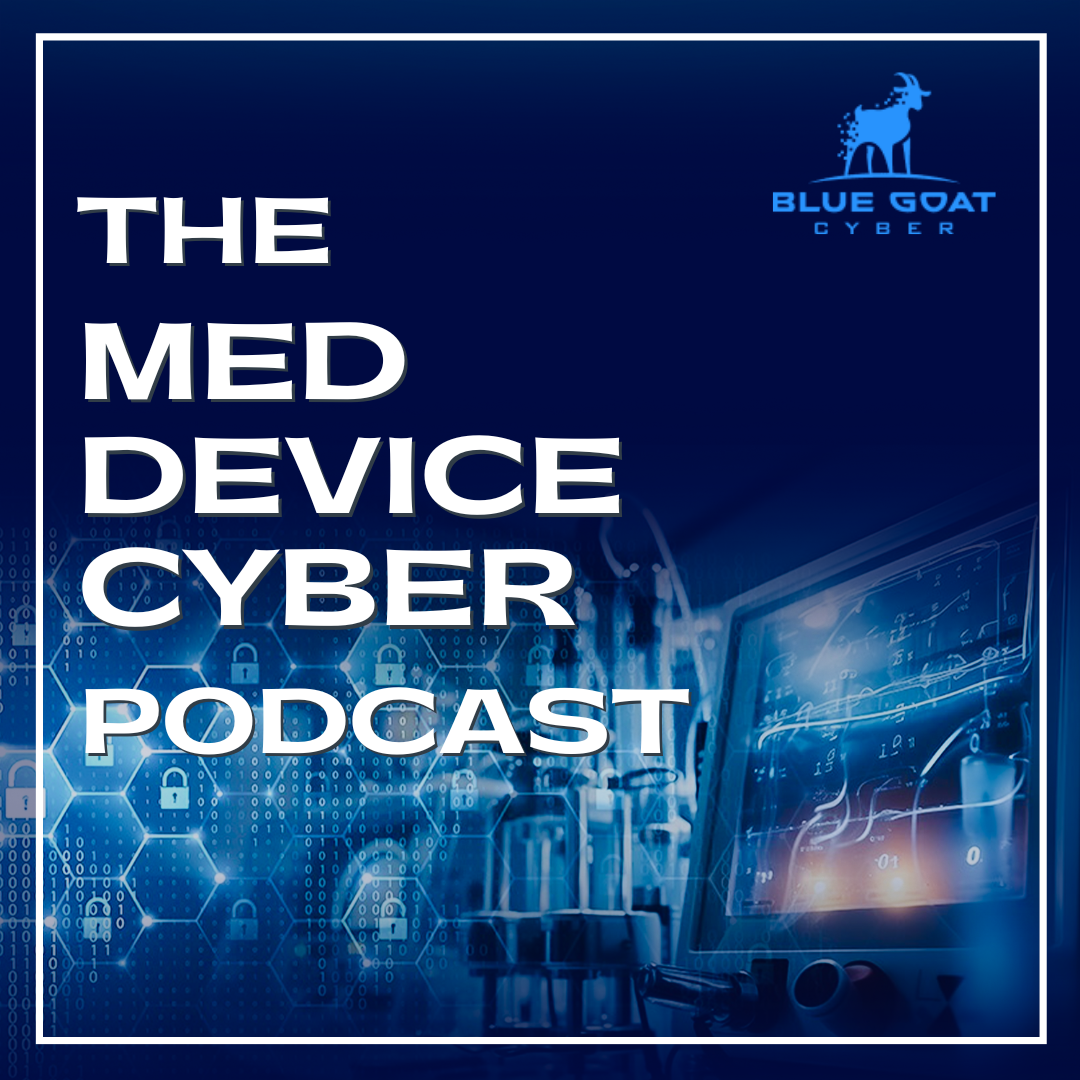Medical devices are quickly evolving with the latest connectivity technology and software-driven functions that increase the quality of life for patients. Security of medical devices is a top concern for the manufacturers due to the new risks brought by this technology advancement. The FDA has strict regulations for cybersecurity which require medical device manufacturers to ensure that their products conform with security standards prior to and after they have been approved.
Cyberattacks have risen in recent years, and pose serious risks to the safety of patients. Every device with digital components like a pacemaker linked to a network, an insulin pump or hospital infusion, is vulnerable to cyberattacks. This is the reason FDA security for medical devices is now an essential element in the development of products and approval by regulatory authorities.

Image credit: bluegoatcyber.com
Understanding FDA Cybersecurity Regulations For Medical Devices
The FDA has updated its cybersecurity guidelines to reflect rising risks in the medical technology landscape. These regulations aim to ensure that manufacturers are addressing cybersecurity threats throughout the product lifecycle, starting from pre-market submission, through post-market care.
The most important specifications for FDA cybersecurity compliance are:
Risk assessment and threat modeling is a process of identifying potential security risks or vulnerabilities that could affect the functioning of the device or patients’ safety.
Medical Device Penetration Testing (MDT) Conduct security testing to mimic real-world attacks to reveal weaknesses before submission of the device to FDA.
Software Bill of Materials (SBOM) – Providing a complete inventory of software components in order to identify vulnerabilities and mitigate risks.
Security Patch Management – Implementing a structured approach to upgrading software and addressing security weaknesses in the course of time.
Cybersecurity Postmarket Measures – Establish surveillance and an incident response plan to ensure continuous protection from emerging threats.
In its updated guidelines, the FDA insists that cybersecurity needs to be integrated into every step of the process of creating medical devices. Manufacturers face FDA delays as well as recalls of devices, and even legal risk if they do not conform to.
FDA Compliance and Medical Device Penetration Tests
One of the most vital aspects of MedTech security is the penetration testing of medical devices. Penetration testing is different from traditional security audits because it replicates the real-world methods used by cybercriminals to identify vulnerabilities that would otherwise be overlooked.
Why testing for medical devices is vital
Protects against Costly Cybersecurity Failures – Identifying security weaknesses prior to FDA submission reduces the risk of recalls or redesigns related to security.
Conforms to FDA Cybersecurity Standards: Comprehensive security testing and penetration testing is essential to ensure that you are in compliance.
Cyberattacks may be harmful for patients. Cyberattacks against medical devices could cause malfunctions that could be detrimental for the health of the patient. Testing regularly helps to prevent these risks.
Improves market confidence Healthcare facilities and healthcare providers are drawn to devices with proven safety measures. This enhances a manufacturer’s image.
Continuous penetration testing and testing, even after FDA approval is essential because cyber threats are constantly evolving. Constant security tests ensure that medical devices are safe from the latest and most dangerous threats.
Security Challenges in MedTech Cybersecurity and How to Overcome Them
Although cybersecurity is a legal requirement, many medical devices manufacturers still struggle to implement efficient security measures. Here are the most common challenges and how to address them:
Complexity of Compliance : Navigating FDA cybersecurity regulations can be overwhelming, particularly for those who are not familiar with the regulatory process. Solution: Partnering up with cybersecurity experts who specialize in FDA Compliance can make it easier to prepare premarket applications.
Cyber threats are changing: Hackers constantly find new ways to exploit the vulnerabilities of medical devices. Solution Take a proactive approach with continuous penetration testing, as well as real-time threat monitoring is necessary to keep in front of cybercriminals.
Legacy System Security : Many medical devices still operate on outdated software, making them more prone to attack. Solution: Implementing an update framework that is secure and making sure that security patches are backward compatible with previous patches could help mitigate the risks.
Lack of Cybersecurity knowledge: A majority of MedTech companies lack internal cybersecurity experts to effectively address security concerns. Solution: partnering with third-party cybersecurity firms that are experienced with FDA cybersecurity regulations for medical devices will ensure compliance and enhanced security.
Cybersecurity after FDA approval: Why FDA compliance doesn’t end there
Many manufacturers believe that FDA approval signifies the end of their obligations in cybersecurity. However, cybersecurity risks increase after a device has entered real-world usage. Cybersecurity is as important for after-market use as it was before.
The key elements of a robust postmarket cybersecurity strategy include:
Continuous vulnerability monitoring – Keep track of the threats and address them before they become threats.
Security Patching and Software Updates: deploying timely patches to address security issues in software as well as firmware.
Incident Response Planning – Having established a plan to address quickly and limit security attacks.
Training and Education for Users Insuring healthcare providers and patients are aware of the best practices for secure device usage.
A long-term cybersecurity strategy will make sure that medical devices are secure, reliable and work all the time.
Cybersecurity: a key element in MedTech success
As the number of cyber-attacks on the healthcare industry grow and increase, the security of medical devices is no longer a choice but a regulatory and ethical requirement. FDA cybersecurity requires medical device manufacturers to prioritise security in all phases of the development, deployment and beyond.
By incorporating medical device penetration testing, proactive threat management, and postmarket security measures, manufacturers can protect patient safety, ensure FDA compliance, and maintain their reputation in the MedTech industry.
With a solid cybersecurity strategy put in place, medical device manufacturers will avoid costly delays, decrease security risks and bring life-saving innovations to market.